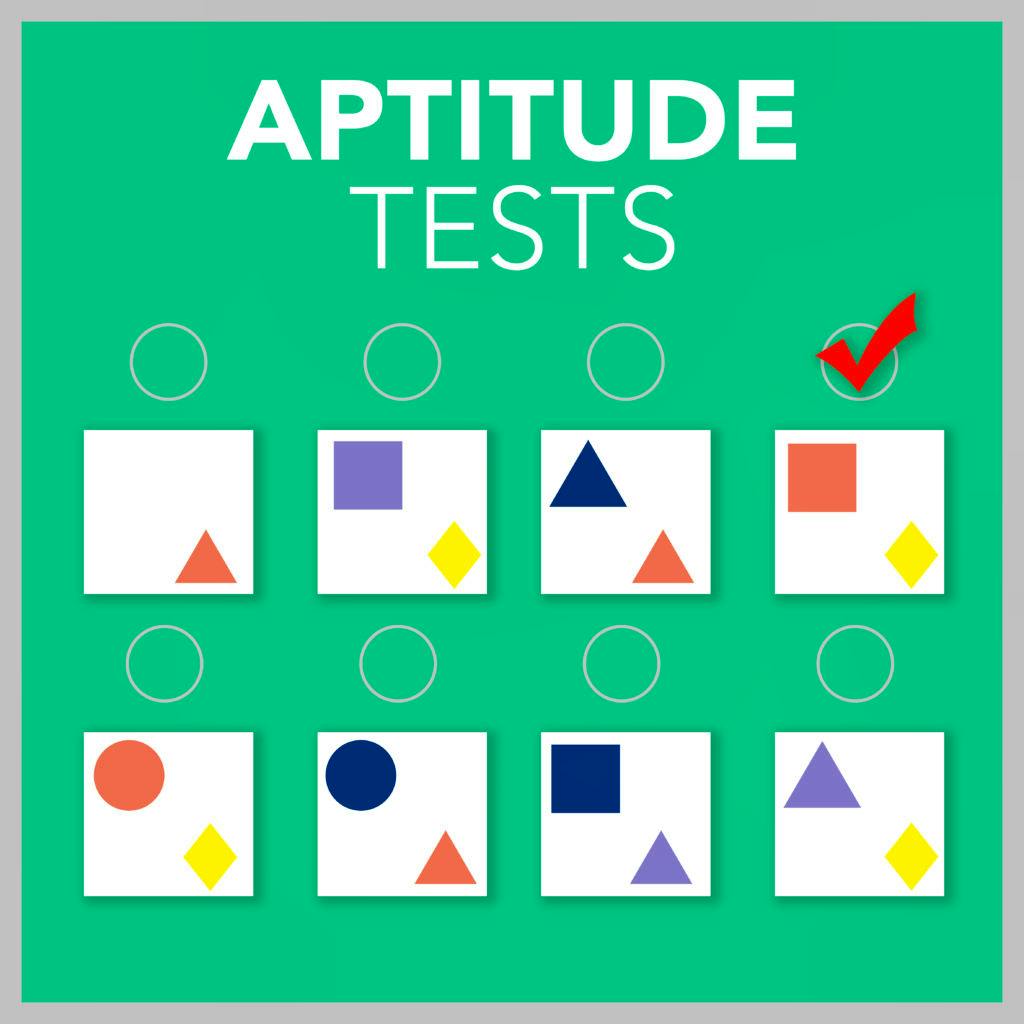Watson Glaser Critical Thinking Practice Test 2026
Updated May 16, 2024


What Is the Watson Glaser Critical Thinking Test?
The Watson-Glaser Critical Thinking Test, often referred to as the Watson-Glaser test, is a widely used assessment tool designed to evaluate an individual's critical thinking skills.
It is commonly administered as part of the hiring process for various professional and managerial positions, particularly in fields where critical thinking and problem-solving abilities are highly valued, such as law, finance and management.
What Does The Watson Glaser Test Assess?
The Watson-Glaser Critical Thinking Test assesses a range of cognitive skills and critical thinking abilities.
Specifically, the test is designed to evaluate a person's capacity to think critically, analyze information, and make reasoned and informed judgments.
What is The Watson Glaser RED Model?
The Watson-Glaser RED Model is a framework used in the Watson-Glaser Critical Thinking Test to assess and evaluate critical thinking skills.
The RED Model is a structured approach that helps individuals and organizations understand and apply critical thinking principles.
It stands for Recognize, Evaluate, and Draw Conclusions.
How to Prepare for the Watson Glaser Test?
Begin with a thorough review of critical thinking principles, logical reasoning and argument evaluation. Explore sample questions and practice tests provided by reputable sources to gain insight into the types of questions you'll encounter.
Next, sharpen your reading comprehension skills by regularly reading complex texts and analyzing their content critically.
Consider seeking guidance from professional test prep materials, courses, or tutors if available. They can provide valuable insights and strategies for success.
Free Practice Watson Glaser Test Questions
Question:
Statement: In the UK, some schools are state-funded. All state-funded schools need to follow the National Curriculum. Therefore, no private schools follow the National Curriculum.
The difficulty of the Watson-Glaser Critical Thinking Test can vary from person to person, depending on their individual critical thinking skills, familiarity with the content and level of preparation.
The Watson-Glaser Test typically covers the following key areas:
- Inference Skills
- Recognition of Assumptions
- Deductive Reasoning
- Interpretation of Information
- Evaluation of Arguments
- Problem-Solving
- Decision-Making
Each question in the Watson-Glaser Test is assigned a specific point value. Test takers earn points for each correct answer. The number of points awarded for each question may vary depending on the difficulty level of the question.
The total score is calculated by summing the points earned for all the questions on the test.
Understand the types of questions you will encounter, such as inference questions, assumption recognition and argument evaluation.
Use practice materials and sample questions to develop your critical thinking skills and become accustomed to the test format.
Read each question carefully to ensure you understand what is being asked.
Understand why certain answers are correct or incorrect.
The Watson-Glaser Test is typically administered with a time limit. The total test duration can vary but is often around 30 to 40 minutes for the full test. However, this can vary depending on the version and purpose of the test
Whether or not you can take the Watson-Glaser Critical Thinking Test more than once depends on the policies and requirements of the organization or employer that is administering the test.
Final Thoughts
The Watson-Glaser Critical Thinking Test is a valuable tool that plays a pivotal role in assessing an individual's critical thinking skills and abilities.
This standardized assessment, recognized and utilized by a wide range of employers and educational institutions, provides valuable insights into one's capacity to think critically, evaluate arguments, recognize assumptions and draw logical conclusions.
Success on the Watson-Glaser Test is attainable through practice, familiarity with the test format and a sound understanding of critical thinking principles.
It is a testament to the importance of critical thinking in today's complex and rapidly evolving world.
By honing these essential skills, individuals not only enhance their performance on the test but also empower themselves to make better-informed decisions, solve problems effectively and thrive in various academic and professional pursuits.












